
views
X
Trustworthy Source
PubMed Central
Journal archive from the U.S. National Institutes of Health
Go to source
Scientific studies have shown it's generally safe, although it's best to avoid it if you're pregnant or want to become pregnant because it has traditionally been used as a contraceptive.[2]
X
Trustworthy Source
PubMed Central
Journal archive from the U.S. National Institutes of Health
Go to source
Consumption

Buy high-quality black seed oil from a reputable brand. Unfortunately, black seed oil isn't regulated the way drugs are, so you have to do your own research. Start with an internet search to identify popular brands. Then, read reviews and background information to evaluate their reputation. Look for seals from consumer groups and independent organizations as well. They evaluate quality, so a brand with a seal is likely going to provide a better product than a brand without one.
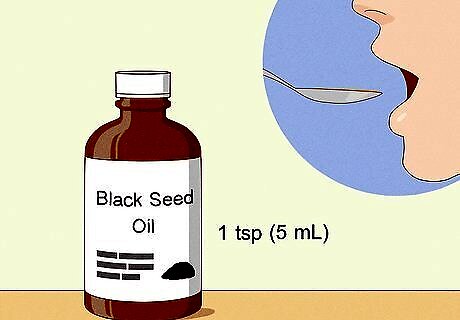
Start with 1 teaspoon (5 mL) a day for general health purposes. Black seed oil is loaded with antioxidants and provides a lot of benefits even if you're generally healthy. It also helps support your immune system and improve the functioning of your respiratory, digestive, and cardiovascular systems. While more research is needed, preliminary studies have shown that consuming at least 1 teaspoon (5 mL) of black seed oil a day may provide the following benefits: Improved memory, attention, and brain function Reduction of allergy symptoms Improved asthma symptoms Reduction of body weight if you're obese Improved liver function Lower bad cholesterol and blood pressure
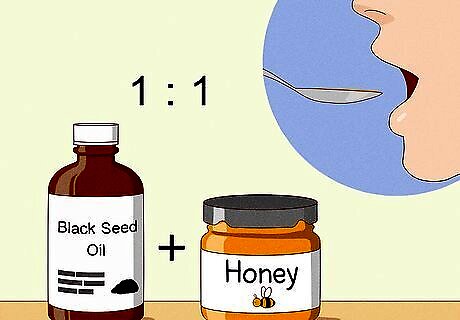
Mix liquid black seed oil with honey or lemon juice. Black seed oil has a pretty strong flavor that you might consider an "acquired taste." If the taste makes you gag, try stirring it in with an equal amount of honey or lemon juice—that usually helps. This is particularly important if you're just taking the oil on its own. If you're mixing it into something else, like juice or a smoothie, you might not need to do this.

Drizzle black seed oil on your salad. Black seed oil, preferably, is added to raw food, and salad is one of your best options. It has the same consistency as olive oil, which makes it a natural option as a salad dressing. Vegetables in your salad might also help mask the taste. If you'd rather not just take black seed oil like a medication, this is something to try—especially if you eat salads on a daily basis. If you dislike the flavor of black seed oil, you might try adding it to a salad dressing you already use. You can also add it to sauces or yogurts.
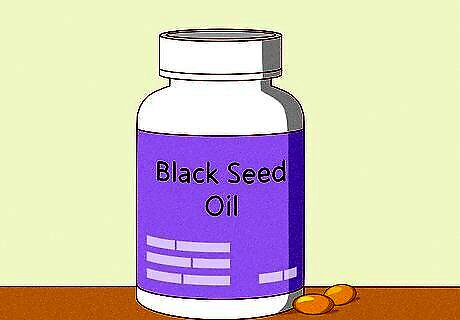
Buy capsules if you want the benefits but don't like the taste. Find black seed oil capsules online or wherever natural or herbal supplements are sold. You take these just as you would any other supplement, taking care to follow the dosage instructions on the package. Taking black seed oil in capsule form is usually much easier, especially if you're already taking vitamins or supplements—just add a black seed oil capsule to your daily regimen and you're good to go!
Topical Application
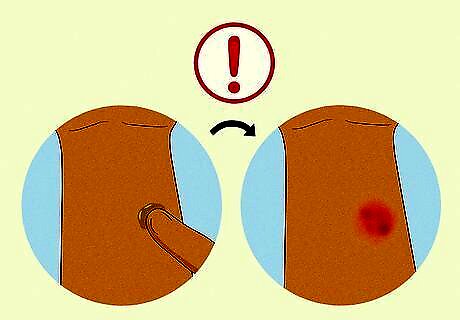
Test for an allergic reaction before using the oil. While black seed oil is generally safe to apply to your skin, some people are allergic to it. Dab a small amount on healthy skin and watch for an itchy rash. If your skin still looks fine after 24 hours or so, you're good to go. If you have a reaction to the oil by itself, try diluting it. Put 4-5 drops of black seed oil in 8 fluid ounces (240 mL) of water and shake well to distribute the oil. Then, dab the mixture on your skin with a cotton ball.
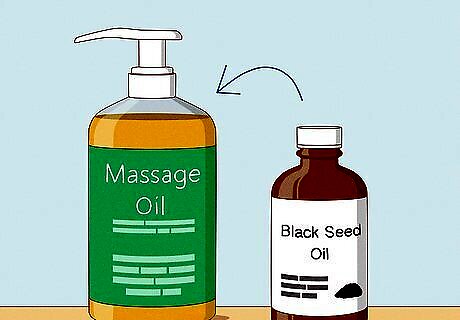
Add black seed oil to massage oils, shampoos, and lotions. Black seed oil can help moisturize and clean your skin. Simply add 5-10 drops of black seed oil to your favorite lotion or massage oil to take advantage of these benefits. You can also buy commercial products that are already infused with black seed oil. Look for these online or wherever natural and herbal health and beauty products are sold. Black seed oil has been used as a traditional remedy to moisturize the scalp, improve the condition of hair, and treat scalp conditions such as dandruff. While there are no scientific studies that show this treatment is effective, it is generally safe. Feel free to try it and see if you get any benefit. You can add black seed oil in its pure form to the areas of skin that lack melanin to treat vitiligo.

Dab the oil on wounds to help them heal more quickly. Black seed oil may reduce inflammation on cuts and bug bites—that'll make them less painful and help speed up the healing process. Simply dab the oil (either diluted or raw) on the wound with a cotton pad after cleaning it with soap and warm water. Cover the wound with a bandage after applying the oil to make sure the oil is absorbed into your skin and not simply rubbed off.
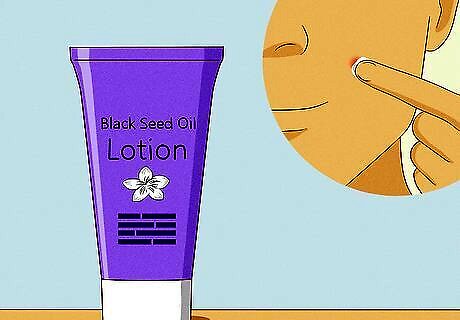
Use lotion infused with black seed oil to treat acne and other skin conditions. You can buy commercially prepared black seed oil lotion online or in brick-and-mortar stores that sell natural and herbal remedies. Apply the lotion to your skin as indicated on the package. Clinical results are mixed, but some have shown improvement in skin conditions after a lotion with black seed oil was applied. Given that it's generally safe to use, it's definitely worth a try to see if it helps you.
Safety
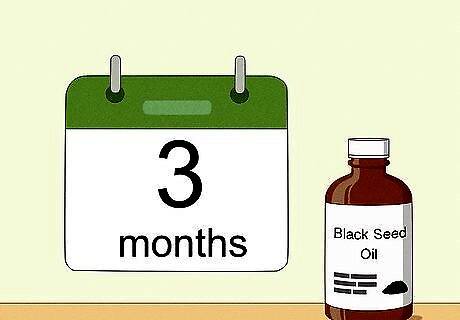
Limit regular consumption to no longer than 3 months. While black seed oil is generally safe for human consumption, there haven't been a lot of studies evaluating its long-term safety. If you get benefits from it and want to continue using it after 3 months, talk to your doctor. One option might be to stop using black seed oil for 3 months, then start using it again. Always keep an eye out for side effects, though, particularly digestive symptoms. If you start to have side effects, it's a good idea to stop taking the oil for a while. This limit doesn't apply to topical use. Studies have shown no adverse reactions to topical use after 6 months and even longer.
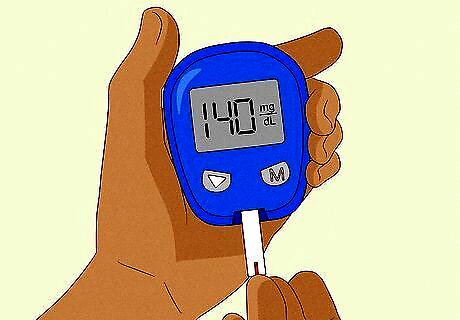
Monitor your blood sugar if you're diabetic and consume the oil. Studies show that consumption of black seed oil can lower your blood sugar, which is generally a good thing if you're a diabetic. However, it's important to keep taking any other drugs you were already taking for diabetes and check your blood sugar consistently. Black seed oil is very high in oils and fats. Healthy fats can be beneficial, but only if you don't have high cholesterol, which many people with diabetes do. Definitely talk to your doctor before you start taking black seed oil if you're diabetic. They'll give you tips on how to manage your blood sugar effectively using black seed oil alongside other medications.

Avoid consuming black seed oil if you're pregnant or breastfeeding. Because black seed oil has contraceptive effects, it's probably not a good idea to take it if you're pregnant or want to become pregnant. If you're breastfeeding, at least talk to your doctor before consuming black seed oil. Not a lot of studies have been done on the effects of black seed oil on infants and children, so it's probably not worth the risk.

Watch for digestive symptoms if you have issues with indigestion. In one study, people with chronic digestive problems reported nausea, bloating, and a burning sensation when consuming black seed oil. If you notice these side effects and they start to bother you, simply stop taking it. Your symptoms should go away on their own soon after you stop taking black seed oil. If they continue a week or so after you've stopped taking it, talk to your doctor.




















Comments
0 comment